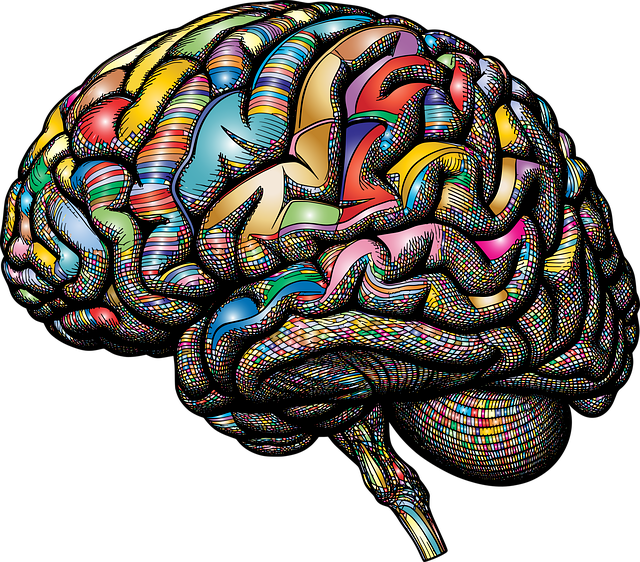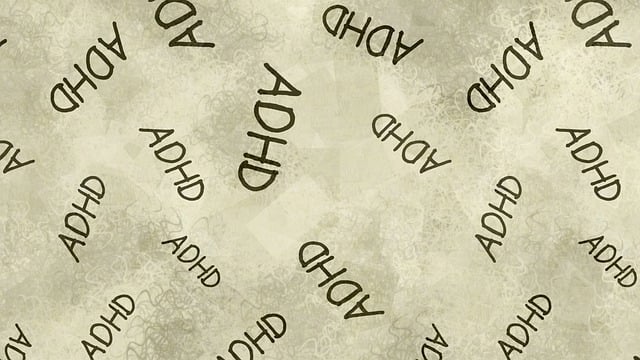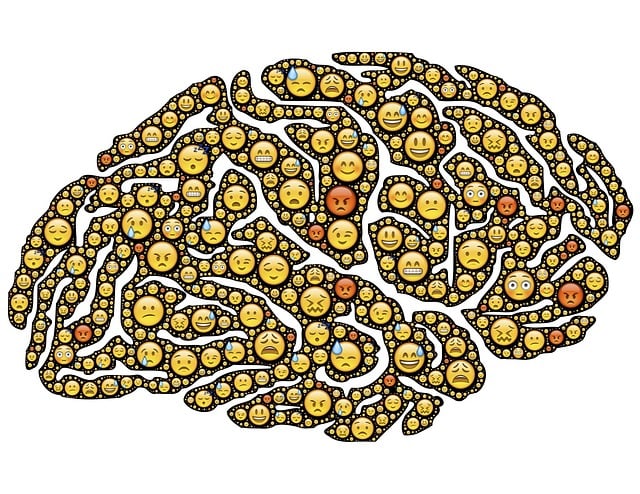In Longmont, specialized Longmont ADD-ADHD evaluations and therapy are transforming lives by providing personalized treatment plans that go beyond medication. These services combat stigma through education, awareness, and inclusive environments, utilizing strategies like communication, journaling, and burnout prevention. By integrating data with evidence-based practices, mental health professionals craft tailored plans addressing specific challenges, such as CBT and mindfulness, empowering individuals to thrive in both personal and professional spheres.
Mental illness stigma remains a significant barrier to treatment and recovery. This article explores efforts to reduce this pervasive social burden, focusing on its impact and offering practical strategies for everyday application. We delve into the importance of understanding mental health conditions like ADD/ADHD, highlighting Longmont’s innovative evaluation methods that unlock tailored supportive therapy. By combining awareness and accessible resources, we can foster inclusivity and reduce stigma.
- Understanding Mental Illness Stigma and Its Impact
- Longmont ADD-ADHD Evaluations: Unlocking Supportive Therapy
- Effective Strategies for Reducing Stigma in Everyday Life
Understanding Mental Illness Stigma and Its Impact

Stigma surrounding mental illness is a pervasive issue that often prevents individuals from seeking help and hinders their overall well-being. It’s crucial to understand that mental health conditions, such as Attention Deficit Disorder (ADD) or Attention-Deficit/Hyperactivity Disorder (ADHD), are legitimate medical issues affecting millions. In Longmont, ADD-ADHD evaluations and therapy play a significant role in combating stigma by providing accurate diagnoses and tailored treatment plans.
This process involves more than just medication; it includes various communication strategies, mental wellness journaling exercises, and guidance on burnout prevention. By raising awareness and educating communities, individuals with mental health challenges can find support and understanding. This, in turn, fosters a more inclusive environment where people feel comfortable discussing their experiences openly without fear of judgment or discrimination.
Longmont ADD-ADHD Evaluations: Unlocking Supportive Therapy

In Longmont, ADD-ADHD evaluations are transforming lives by unlocking tailored therapy options. These comprehensive assessments go beyond a diagnosis, offering insights into each individual’s unique challenges and strengths. By integrating this data with evidence-based practices, mental health professionals can craft personalized treatment plans that address specific needs, from stress management to inner strength development. This proactive approach ensures individuals with ADD-ADHD receive the support they need to thrive in their personal and professional lives.
The process begins with a detailed evaluation, often involving advanced tools and techniques, to accurately diagnose and understand the nature of ADHD symptoms. Once diagnosed, patients can access specialized therapy tailored to their specific needs. This may include cognitive-behavioral therapy (CBT), mindfulness practices, or structured interventions designed to improve focus, organization, and emotional regulation—all vital components of managing ADD-ADHD effectively. Through these targeted therapies, individuals gain practical coping mechanisms, enhancing their ability to manage symptoms while fostering a stronger sense of well-being.
Effective Strategies for Reducing Stigma in Everyday Life

Reducing stigma around mental illness is a collective effort that requires a shift in societal perception and individual actions. In everyday life, simple yet powerful strategies can make a significant difference. One effective approach is to promote understanding through education. Encouraging open conversations about mental health conditions, like Attention-Deficit/Hyperactivity Disorder (ADHD) as exemplified by Longmont ADD-ADHD evaluations and therapy, can help dispel myths and misconceptions. By sharing personal stories and experiences, individuals with ADHD can humanize their condition, fostering empathy among peers and community members.
Additionally, building supportive environments is crucial. This involves creating safe spaces where people feel comfortable expressing their struggles without fear of judgment. Support groups, for instance, offer a sense of belonging and provide opportunities for peer-to-peer support. Embracing diversity in mental health experiences also plays a vital role in reducing stigma. Recognizing that everyone’s journey is unique, and promoting conversations around burnout prevention and emotional healing processes, can help break down barriers. Boosting confidence through activities that encourage self-care and personal growth further empowers individuals to speak up and seek support when needed.
Mental illness stigma is a significant barrier to treatment and recovery. By understanding its impact and implementing effective strategies, such as those offered through Longmont ADD-ADHD evaluations and supportive therapy, we can create a more inclusive society. Reducing stigma in everyday life fosters empathy, encourages open conversations, and ultimately promotes better mental health outcomes for all.









